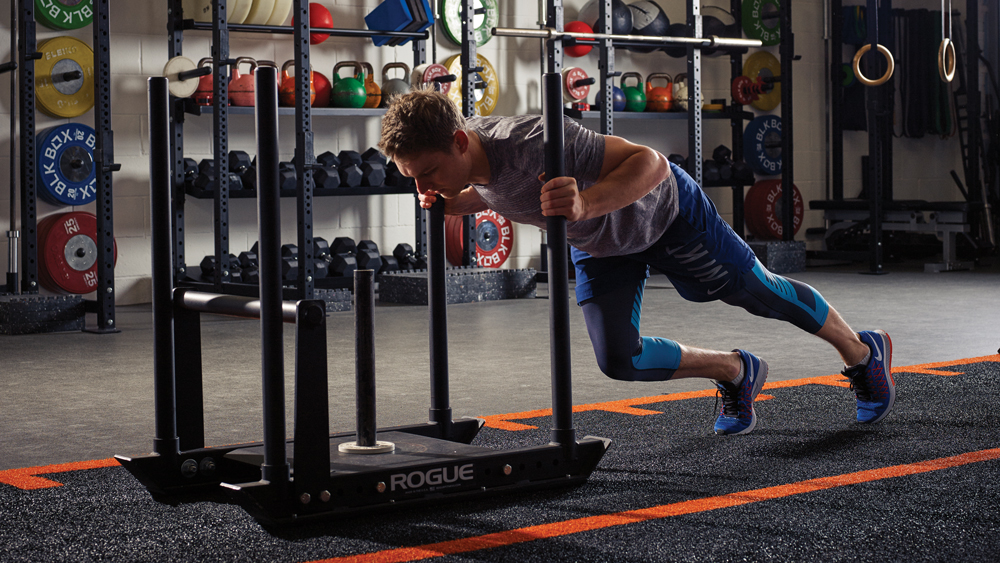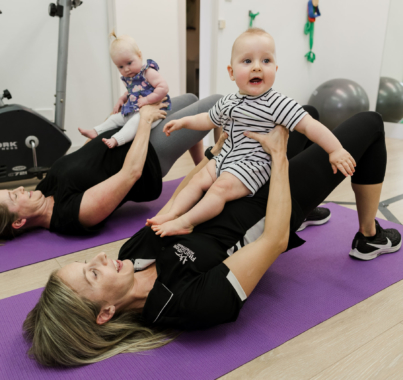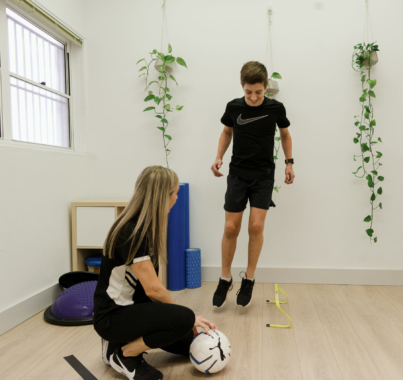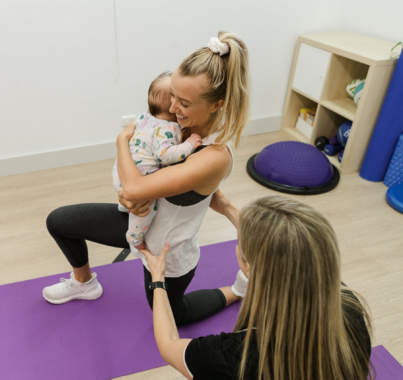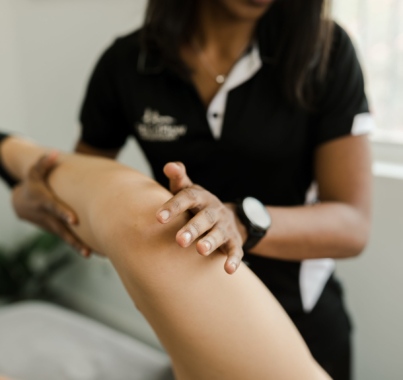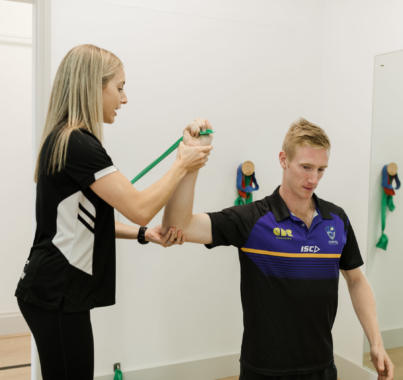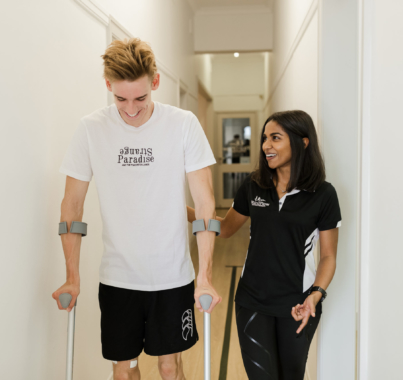At Fit and Flow, we see runners of all kinds – those chasing PBs, building back after injury, or simply running for joy. One common theme? Many still overlook the power of strength training.
We get it – runners want to run. But if your goal is to run longer, faster, and pain-free, then strength training isn’t just helpful – it’s essential.
1. It Builds Load Capacity (So You Can Run More)
Running puts repetitive, high-impact load through your body – particularly the knees, hips, calves and feet. Without the strength to support that load, tissues like tendons, joints and muscles fatigue, overload and break down. As physios, we often see injuries that could have been prevented with a stronger foundation – injuries like runner’s knee, shin splints or ITB pain.
A progressive strength program builds tissue resilience so your body can handle the load you’re asking of it.
2. It Improves Performance – Without More Kilometres
Strength training enhances what’s known as your “running economy” – essentially, how efficiently your body uses oxygen at a given pace.
Strong glutes, hamstrings, and calves can propel you forward with less effort. A strong core keeps your pelvis and trunk stable, improving stride efficiency and reducing wasted movement.
The result? You get more out of every stride – without having to increase your running volume.
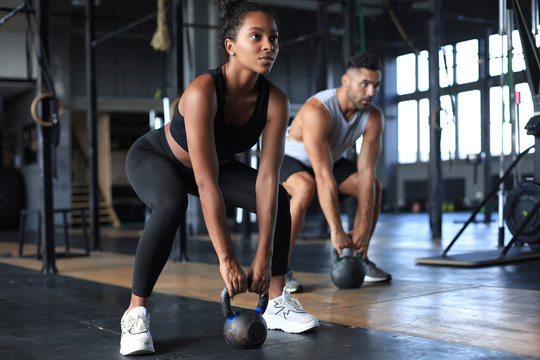
3. It Supports Better Control and Form Under Fatigue
When we assess runners post-injury, we often see their running form collapse under fatigue. Knees drop in, hips wobble, the trunk sways.
Strength and neuromuscular control (especially single-leg strength) are key to maintaining form, reducing compensations, and preventing overuse patterns. We don’t just look at how you run fresh – we look at how your body holds up under pressure. That’s where strength matters most!
4. It Protects Your Bones and Tendons
Running alone doesn’t always give enough stimulus for bone density, especially for female runners or those returning after pregnancy or injury. Strength training applies targeted load that helps bones remodel and stay strong.
It also improves tendon capacity and stiffness – meaning your achilles, patella tendon and plantar fascia can do their jobs without being overloaded!

Our Advice? Make Strength Training Part of Your Routine
We recommend runners strength training at a minimum 2-3 times per week. Programs should be tailored – there’s no one-size-fits-all.
Not sure where to start? We can help! Our physiotherapists can assess your movement, identify strength deficits, and design a plan that supports both your running and long-term resilience.
Book a Running Assessment or Strength Consult
Whether you’re coming back from injury or want to stay ahead of it, we’re here to support your run journey. Reach out to book a consult with one of our physios – because stronger runners stay running!

